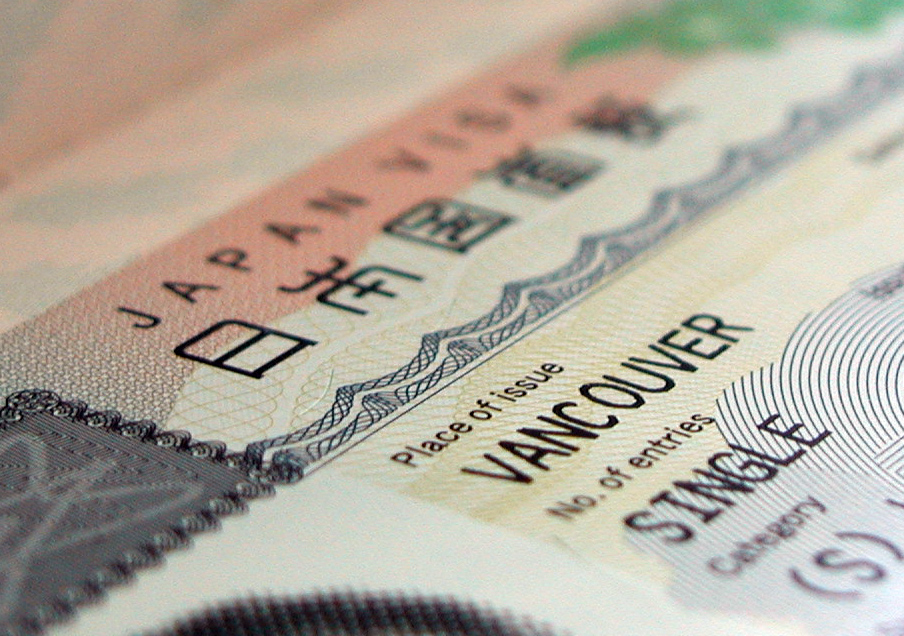17/5/2023 (Japan) - Japan is looking to invigorate its startup scene by making it easier for foreign entrepreneurs to secure startup visas. This includes a notable change: allowing private companies to play a role in the visa screening process.
The Ministry of Economy, Trade and Industry (METI) is gearing up to put these changes into action as early as the upcoming summer. The startup visa scheme is specifically designed for foreign nationals who plan to start a business in Japan within a year of their arrival.
Until now, only local governments were given the go-ahead to help in the process of granting startup visas. This included reviewing business plans and supporting aspiring entrepreneurs. Sixteen areas, including Fukuoka and Tokyo's Shibuya ward, have been entrusted with this role so far.
The planned changes would also mean that government-approved venture capital firms and startup accelerators could have a say in the process. They would be able to review applicants' business plans and issue preliminary documents. The idea behind involving private sector players in the visa assessment process is to speed things up.
At present, foreigners who want to set up a business in Japan need to secure a business manager visa. To get this, they need to have employees and a minimum capital of 5 million yen ($36,750). This can be a tough ask for those who have just landed in the country.
The startup visa, introduced by Japan in 2018, aimed to ease some of these difficulties. It offered more relaxed conditions and a one-year preparation period. Around the world, at least 30 countries and regions offer similar visas for entrepreneurs, usually considering factors such as how innovative the business is and how much of an impact it could have on society.
However, Japan's startup visa has faced criticism for being overly complicated and for only allowing a short stay in the country – a maximum of one and a half years. Changes are being considered to make the length of stay more flexible.
Recently, METI unveiled a raft of measures aimed at supporting startups. As well as an increase in the number of visas, the plans call for changes to the tax system for stock options. The goal is to make it easier to attract and keep hold of highly skilled workers.



